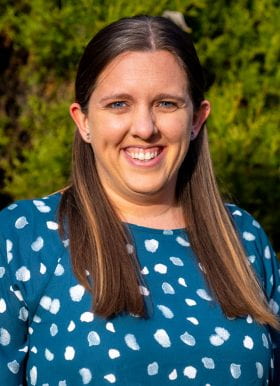City of St. Louis
City of St. Louis Guaranteed Basic Income Pilot Program
Project Date
Aug 2023—Aug 2025
Type of Evaluation
Impact
Setting
Community-based, Government
Overview
The City of St. Louis and Treasurer’s Office are implementing a Guaranteed Basic Income Pilot Program to help families whose children attend city public schools. The program is funded by the American Rescue Plan and with philanthropic support from the Jack Dorsey #Startsmall Philanthropic Initiative partnered with the Deaconess Foundation.
The Evaluation Center and Social Policy Institute at Washington University in St. Louis are partnering with the City of St. Louis and Office of the Treasurer to understand the individual and family experience and impact of participating in a guaranteed basic income pilot program.
Project Description
Background
The City of St. Louis and Treasurer’s Office are implementing a guaranteed basic income (GBI) pilot program from Fall 2023 through Spring 2025. The program will provide $500 in direct cash assistance to 540 households for 18 months to improve the stability and upward mobility of families in the City of St. Louis. Recipients must be a St. Louis City resident with a child or dependent under the age of 18 enrolled in one of the city’s public schools, have a household income less than 170% of the federal poverty level, and have experienced a negative financial impact due to the COVID-19 pandemic.
GBI programs extend existing safety nets by enabling recipients to use their funds where needed for their individual circumstances. Analysis from pilot programs across the country show recipients spend these payments on the essentials – groceries, utilities, childcare, and more.
Evaluation Center Activities
- Develop a logic model to describe the program.
- Develop an evaluation plan to focus the evaluation.
- Design data collection and analysis systems and protocols for evaluation.
- Collect, manage, and analyze longitudinal survey data to assess changes in participant experiences and perspectives.
- Analyze credit records data to assess changes to participants’ credit and wealth.
- Analyze administrative payment usage data to examine how participants use their GBI payments over the course of the program.
- Conduct interviews with program participants to learn about their experiences and perspectives.
- Facilitate data interpretation sessions to share initial findings and receive input from a variety of perspectives.
- Summarize evaluation findings.
Our Products
- Logic model
- Evaluation question and data collection method matrix
- Dissemination plan
- Data collection tools and protocols
- Data interpretation sessions
- Findings presentation
- Final report
Funder
City of St. Louis
Contact Person

Hannah Allee, MSW
Interim Director (she/her/hers)
- Phone: 314-935-3099
- Email: hannahallee@nospam.wustl.edu